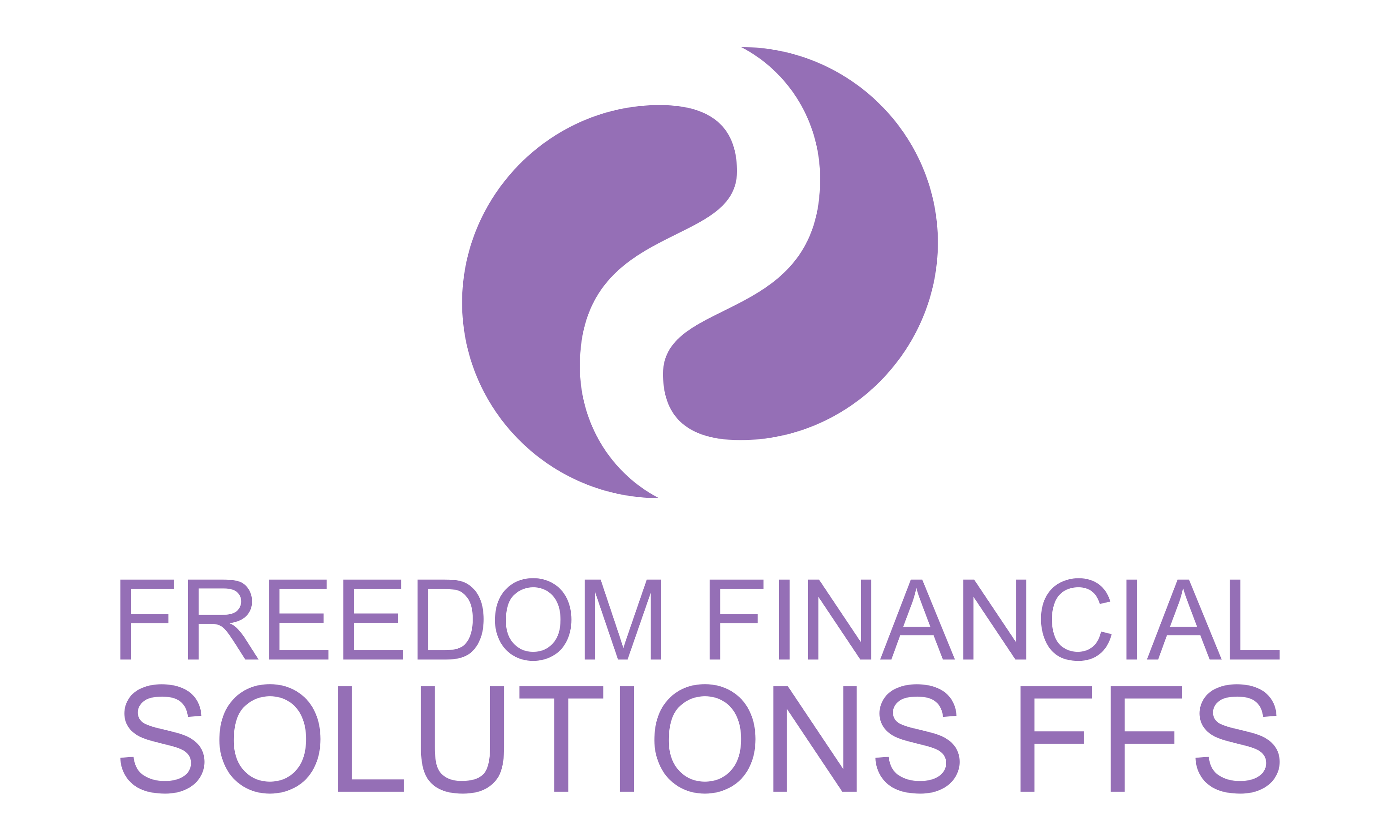Can I buy an investment property in my self-managed super fund (SMSF)? How much super do I need to have in order to get started? Can I buy a commercial property with my SMSF and lease it back to my own business? Can I borrow money from the bank to buy property in my SMSF? Can my family members live in the property? Who are the lenders that offer finance solutions to SMSFs? What are the tax benefits? What are the fees and costs?
If you have any of these questions, keep reading!
Investing in property through your SMSF can yield good results, including substantial tax advantages and long-term growth in your super fund balance. The key is to make sure it’s done compliantly and advantageously. This is made easier when you partner with SMSF experts like Jessica at Property Advisers Australia.
The ATO has strict regulations when it comes to SMSF property investment, including the type of property, purchase management, and property usage. Making sure you comply with these regulations and adhere to the ‘sole purpose test’ requirements, is crucial to ensure your SMSF avoids SISA breaches, ATO penalties, and potential non-compliance issues.
So let’s start with what an SMSF can and can’t do when investing in property.
1. Residential Property
An SMSF
- can borrow up to 90% Loan-to-Value Ratio (LVR) to purchase an residential investment property
- has the flexibility to opt for either long-term tenants or short-term Airbnb-type hosting arrangements
- can cover purchasing costs, many of which are typically tax deductible, such as valuation fees; building and pest fees; legal fees; stamp duty, ongoing property management fees such as maintenance, rates, and insurance; commissions payable to real estate agents, such as buyer agent fees; loan costs, such as interest
- can buy a block of residential land and build a house on it as long as the SMSF has enough funds to complete without borrowing from external lenders
- is prohibited from purchasing a residential property from a fund member or any related party, and
- SMSF members and related parties are not allowed to stay in the residential property acquired by the SMSF.
2. Commercial Property
- An SMSF can borrow up to 80% LVR to purchase a commercial property
- if an SMSF purchases a commercial property, it can be leased to a fund member for business purposes, and
- the leasing arrangement must comply with market rates, lease term and specific regulatory guidelines.
In our next article, we’ll explain some of the benefits of property investment through your SMSF, including tax advantages.
Keen to get started? Book here to set up a time to chat with Jessica.

